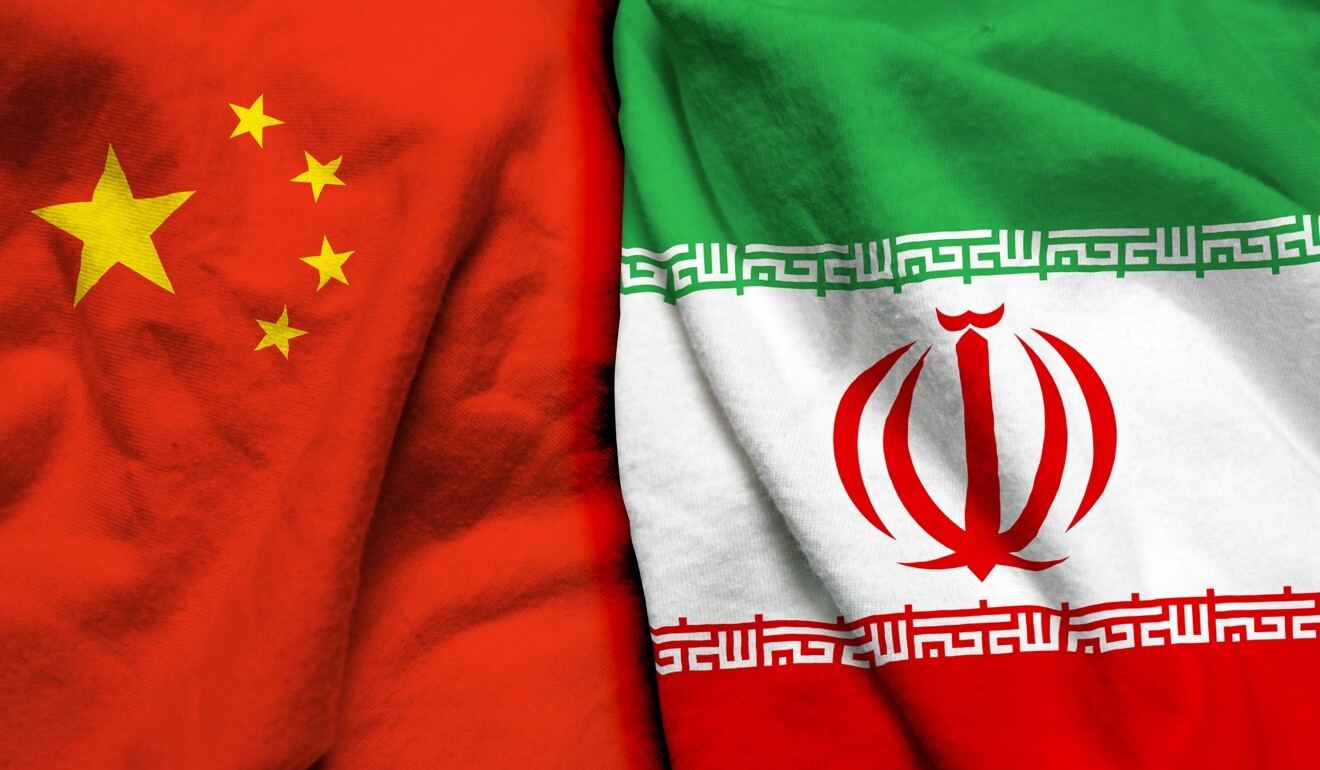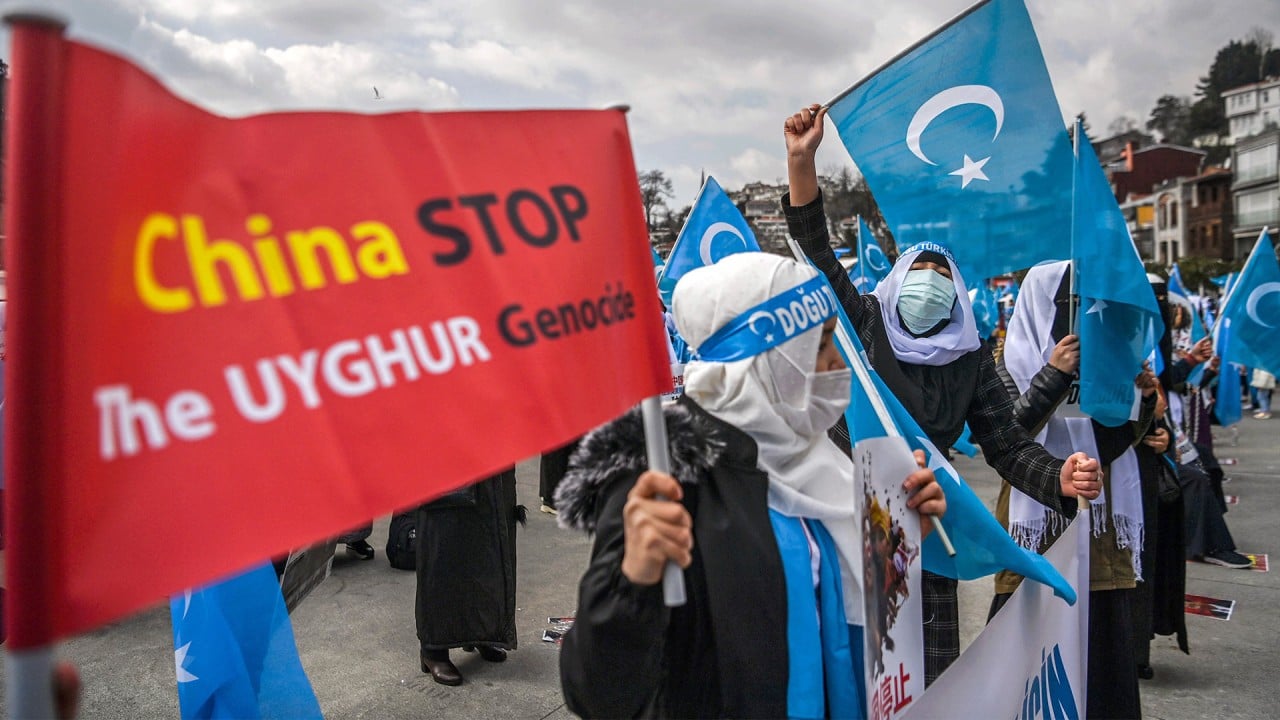
China’s foreign minister starts Middle East tour with Iran deal, alliances high on agenda
- Wang Yi began his trip in Saudi Arabia on Wednesday and he will visit five other nations over the next week
- Former ambassador to Tehran says Beijing wants to send a message to the US that it remains a key player on the Iran nuclear issue
According to Hua Liming, a former Chinese ambassador to Iran, the foreign minister will be aiming to “broaden China’s circle of friends and upgrade ties with these countries”.
“China wants to send a clear message to the US that it remains a key player on the Iran nuclear issue and that it would be impossible to find a solution … without China’s involvement,” Hua said.

Wang will be the most senior Chinese official to travel to Iran since President Xi Jinping’s 2016 trip, and it comes as efforts to revive the 2015 Iran nuclear deal have stalled.
“China played a key role in cutting the 2015 deal with Iran and has been fairly cooperative with the US on the Iran issue,” Hua said.
China signed the pact with Iran along with the US, Britain, Russia, France and Germany, but Washington abandoned it in 2018 under Donald Trump and reimposed sanctions on Iran. President Joe Biden has said the US will rejoin if Iran first returns to its commitments under the agreement, but Tehran has insisted that Washington take the first step by lifting its sanctions.
Chinese foreign vice-minister Ma Zhaoxu has spoken twice this year with Robert Malley, Biden’s special envoy on Iran.
Where does China stand on the Iran nuclear deal?
“The Iran issue remains the most likely area for China and the US to seek cooperation, along with climate change,” Hua said.
That view was echoed by Yin Gang, a Middle Eastern affairs expert with the Chinese Academy of Social Sciences, but he did not expect any breakthroughs during Wang’s trip.
“Wang will mostly try to mediate between Tehran and Washington, but also between Iran and Arab countries – he’s spoken of establishing a multilateral dialogue in the Gulf area to resolve differences,” Yin said. “These are all difficult things to achieve, but Wang’s trip is about saying that China is making efforts on these issues.”

01:26
US, UK, EU and Canada imposed sanctions ‘based on lies’, says China
The foreign minister could also use the trip to reward countries in the region that have supported Beijing’s Xinjiang policies, according to former envoy Hua. He said China “deeply appreciates” that backing as it comes under fire from Western countries and sees Wang’s trip as a “good opportunity to foster closer ties”.
Jonathan Fulton, assistant professor of humanities and social sciences at Zayed University in Abu Dhabi, said Beijing was responding to Washington’s moves.
“The Biden administration has committed to working with like-minded countries so there’s a more coherent, organised approach to China that puts values back into its foreign policy,” Fulton said.
“This forces China to play defence. Wang’s trip to the Middle East offers an opportunity to deepen relations with countries that share China’s concerns about President Biden’s foreign policy direction.”
Additional reporting by Shi Jiangtao

